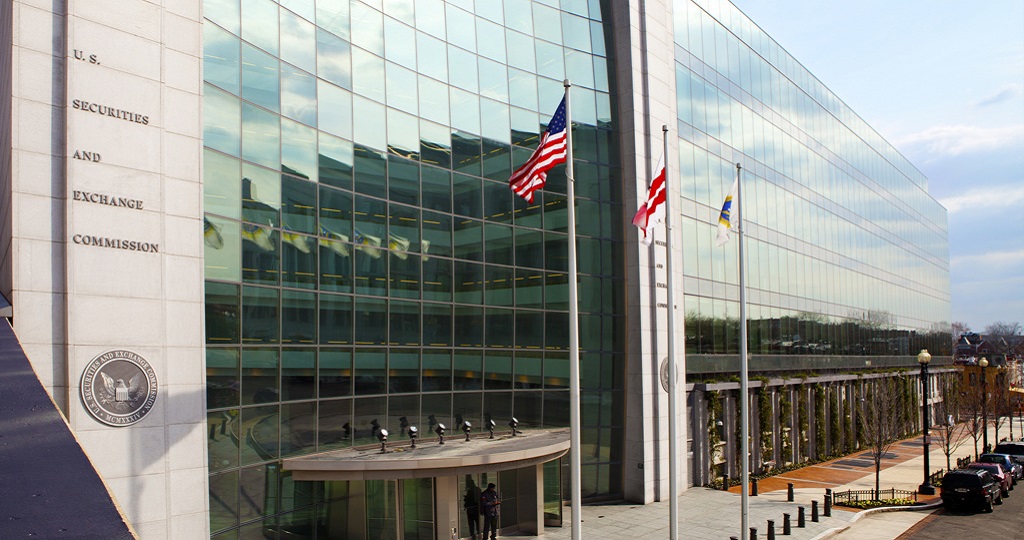SEC Risk Alert Puts Spotlight on Principal Trading, Agency Cross Trades
On September 4, 2019, the U.S. Securities and Exchange Commission’s Office of Compliance Inspections and Examinations (OCIE) issued another risk alert, this time on “Investment Adviser Principal and Agency Cross Trading Compliance Issues.” While not wildly informative, the Risk Alert summarizes several issues identified during examinations of the last three years and reminds us of a few core issues regarding principal trades and agency cross trades. As with many things of SEC focus, the meat of the matter is in the timing and comprehensiveness of disclosure, such that there is consent. Remember, consent to the SEC does not exist unless it is informed and evidenced in writing.
Some key overall reminders are:
- Review Advisers Act Section 206(3) and Rule 206(3)-2, which govern
- Review Advisers Act Sections 206(1) and (3), which also govern—meaning, beyond the specific requirements for principal trades and agency cross trades, the mandate remains to provide full and fair disclosure of all material facts, including conflicts
- Consent must be obtained prior to execution of a principal or agency transaction, or after execution but prior to settlement of such transactions
- Principal trades require disclosure and consent on a transaction-by-transaction basis
- Pooled investment vehicles must be monitored for “significant ownership interests”
Some of the deficiencies cited are:
- Acting as a principal without realizing that Section 206(3) applied
- Conducting a principal transaction without meeting all the requirements of Section 206(3)
- Engaging in agency cross transactions after communicating with clients that such transactions would not occur
- Failing to produce documentation of disclosure and consent
Hopefully, this Risk Alert confirmed for you that you conduct principal trades and agency cross trades in compliance with the Advisers Act and your fiduciary duty. Consider this a great time to check for issues such as the following:
- Do the right people (compliance, traders, Investment Committee members) know which are the proprietary accounts; do you keep an up-to-date proprietary account list?
- For private fund advisers, are you up to speed on counting the ownership interests; for example, are you including all direct and indirect interests of control people and affiliates; are you including vested and retained incentive allocations?
- How, where, and when do you obtain the appropriate client consent?
- Are those ostensibly providing consent authorized to do so and are they free from conflict?
- Is your firm collecting transaction compensation or acting in a way that the SEC will perceive as acting as a broker?
- How is the compliance department reviewing principal trades and agency cross trades?
Begin at the beginning: what does your investment management contract say you will do, and what do your fund documents say you will do? If nothing else, this Risk Alert puts us all on notice that the SEC is looking at these types of transactions. If you need assistance in understanding these transactions and your obligations for such, contact us.



